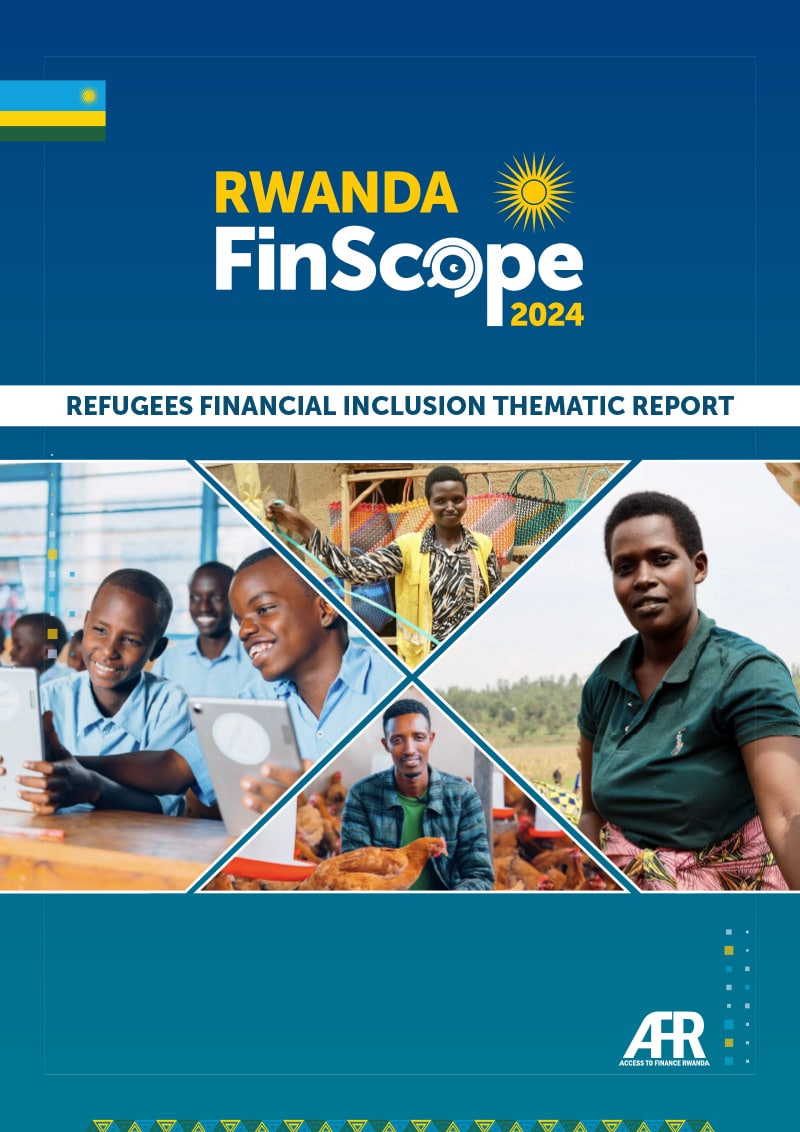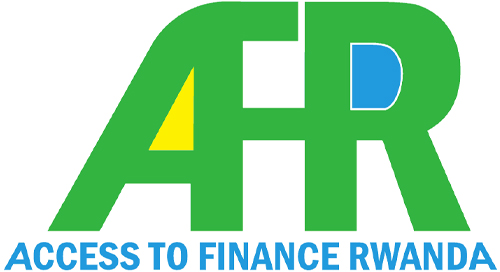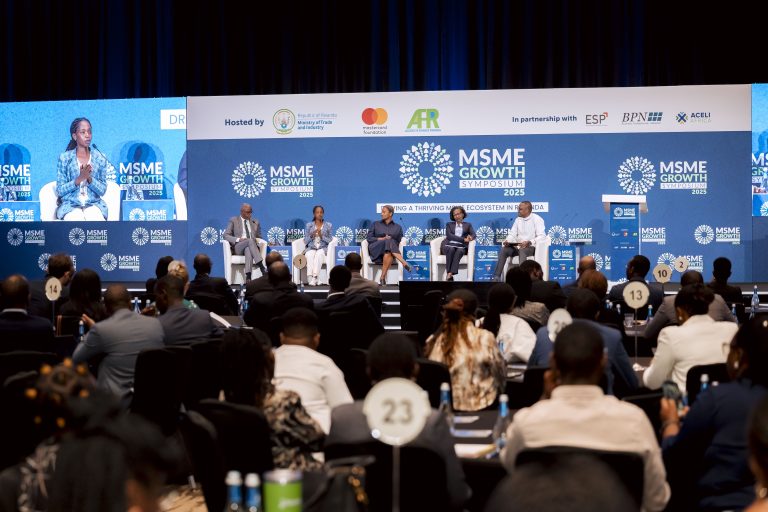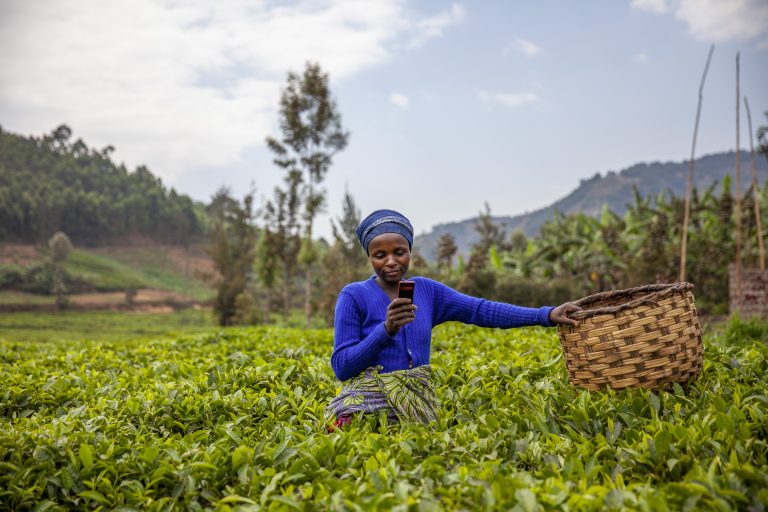

Executive summary:
Transitioning from humanitarian assistance to refugee self-reliance and financial inclusion has been a major policy objective in Rwanda. Financial inclusion is one of the critical focal points for refugees to access essential services, rebuild their lives, and achieve long-term resilience. However, access to formal work is not yet a reality for most refugees in Rwanda – the overwhelming majority of whom still live in camps relying on humanitarian assistance, often limited to social networks and exposure to job opportunities. Gender disparities in education and employment exacerbate these challenges. Nevertheless, at the policy level, Rwanda has made some progress in creating self-employment and wage-earning opportunities for refugees, in camps and outside camps. Key advancements in Rwanda’s refugee policy include the implementation of a progressive measure that enables refugees to access formal employment using refugee identity cards, with no requirement of a work permit, and access to financial services to start and scale their businesses. Freedom of movement is also key to allowing refugees to look for opportunities beyond the camps.
By the time this survey was conducted, Rwanda was hosting 63,000 adults and asylum seekers. Refugees in Rwanda have fled from their home countries due to political instability and social unrest. While refugees rely heavily on international aid and mostly operate within camps, they face disrupted livelihoods and challenges that leave them susceptible to poverty. Limited access to basic amenities, such as private sanitation and hygiene facilities, has implications for financial inclusion outcomes. For example, among refugees who must walk long distances to collect firewood for cooking and to meet their basic needs, financial inclusion may not be seen as a priority. In Rwanda, however, around 99% of refugees have access to improved sanitation. Nearly all refugees in Rwanda have access to a toilet or latrine facility.



